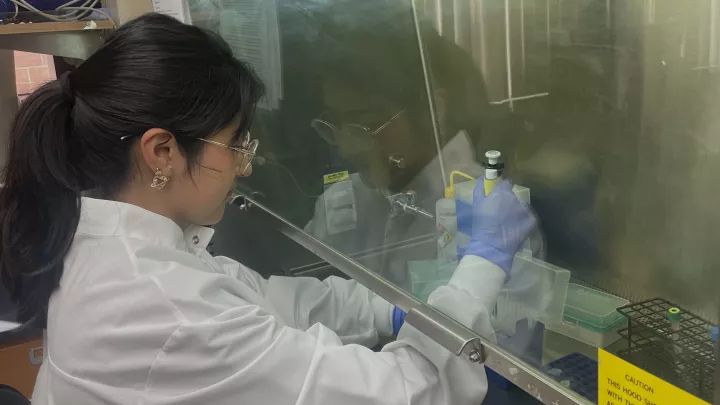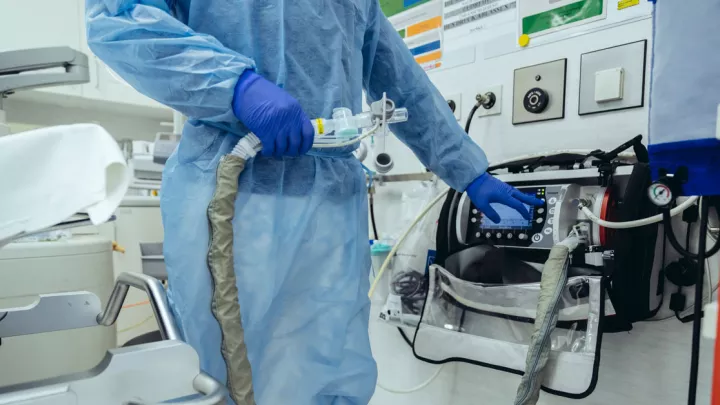About the Division of Critical Care Medicine
Our Division provides services for two intensive care units – the Pediatric Intensive Care Unit (PICU) and the Cardiothoracic Intensive Care Unit (CTICU), an integral part of The Heart Institute.
Our faculty includes 20 board-certified pediatric intensivists. Several are double board-certified in anesthesiology in addition to their training in general pediatrics and pediatric critical care.
In addition, we are spearheading an international effort to design and support critical care practice through the Virtual Pediatric Intensive Care Unit (vPICU), with its informatics and telecommunications support for pediatric critical care.
Patient documentation is performed through a fully automated, online computerized system. The preoperative and intraoperative records are integrated. The practice is further supported by annual Division retreats for leadership training, planning and problem resolution.
Critical Care Medicine Research
We use physiologic measurements of work of breathing to research clinical problems for pediatric ICU patients. Such problems include: risk factors for post-extubation upper airway obstruction, risk factors for extubation failure, benefits of nasal modes of respiratory support, and the best means of predicting clinical readiness for extubation.
We have used pulmonary function testing equipment to determine the accuracy of tidal volumes on the ventilator, the volume and pressure delivered by high-frequency oscillatory ventilation, and changes in oxygen consumption following albuterol compared to levalbuterol.
We use non-invasive measurements of cardiac output to: evaluate the accuracy of clinical assessments of shock and determine the effect of increasing PEEP on cardiac output.
We use large clinical databases to support observational studies such as: impact of gender on sepsis mortality, impact of race on PICU mortality, effect of pediatric early warning scores on outcome, impact of increased dead space on mortality, accuracy of pulse oximeters, estimations of PaCO2 and pH in hypoxemic respiratory failure, risk of mortality with obesity, risk of acute kidney injury in the PICU, and the association between PICU volume and mortality.
We have participated in or continue to participate in national collaborative pediatric research studies. Examples are Therapeutic Hypothermia after Pediatric Cardiac Arrest (THAPCA), studies arising from the Collaborative Pediatric Critical Care Research Network (CPCRRN), Pediatric Acute Lung Injury & Sepsis Investigators (PALISI), and Sepsis Prevalence Outcomes and Therapies Investigators (SPROUT). We are also participating in collaborative NIH funded studies on traumatic brain injury (ADAPT) and Personalizing Outcomes after Child Cardiac Arrest (POCCA).
We have ongoing studies evaluating the effect of computer decision support tools on weaning from mechanical ventilation and on the reduction of ventilator associated lung injury for pediatric ARDS. We are also evaluating the development of delirium, post-traumatic stress disorder, withdrawal from sedation medication in pediatric ICU patients, and low-cardiac output syndrome following heart surgery.
Education and Training
Critical Care Medicine Fellowship
Cardiac Critical Care Medicine Fellowship


